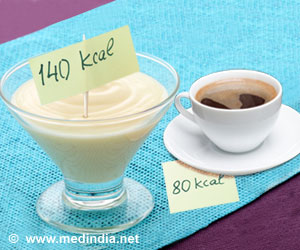Nearly half of parents say that any qualified health care provider – not just a child's usual provider – can do a sports physical.

One quarter of the 434 parents surveyed in the poll took their child to an alternate location for the most recent sports physical, says Sarah J. Clark, M.P.H. , associate director of the National Poll on Children's Health and associate research scientist in the University of Michigan Department of Pediatrics.
Sports physicals don't have to cover all health concerns if a child is seeing his or her regular provider for regular checkups. The vast majority (89 percent) of parents surveyed in this poll said sports physicals are not a substitute for regular care, However, national data show that adolescents have much lower rates of well-child visits compared with younger children, suggesting that parents may fail to follow through on getting the comprehensive checkups.
"For many parents, this may be a matter of convenience. The 'physical night' option at school might be easier than scheduling a visit with a regular healthcare provider that corresponds with sports season timing," says Clark.
"Parents differ in their views of sports physicals. One view is that sports physicals are a 'check the box' requirement for generally healthy kids, so they can be done by any health care provider, with convenience being a key factor," Clark says.
"Another view is that sports physicals should be very in-depth, even including diagnostic tests such as an EKG or echocardiogram to check for underlying heart conditions in kids without symptoms. But parents may not realize that most primary care offices may not have the technology for those types of tests."
Advertisement
The poll also asked parents about what should be discussed during a sports physical. The largest percentage, 78 percent, said medical history, followed by concussions (68 percent), alcohol and other drugs (57 percent), nutrition (55 percent) and performance-enhancing drugs (51 percent).
Advertisement
Clark says parents should make sure they understand what is and what isn't covered during a sports physical and make sure their child gets a more comprehensive checkup with a regular healthcare provider to fill in any gaps.
Source-Eurekalert










